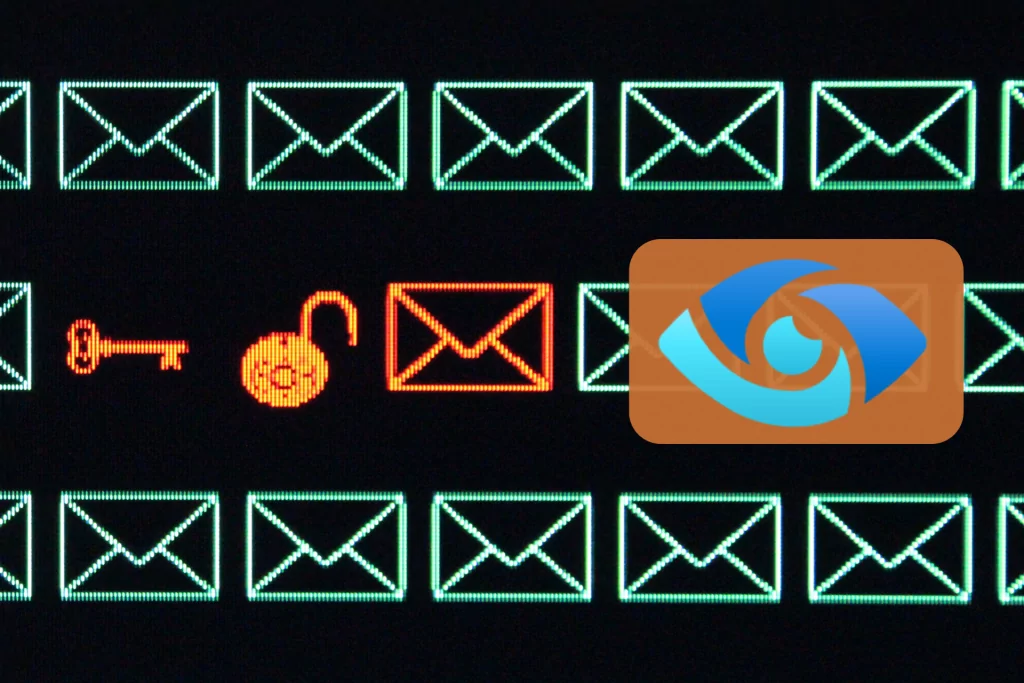Cyber threats have become increasingly common in recent years. Both companies and individuals are becoming targets of these hackers. These attempts to steal your data, your identity or even your money are not exclusive to the online world. In fact, we can even go back to the 17th century to see what inspired some of today’s great classics.
The Nigerian prince (419 scam)
Who hasn’t received an email from a so-called distant relative, usually a Nigerian prince, telling them that a large inheritance had been left to them there? To get this money, we simply had to reply that we had an interest in getting our so-called inheritance back. Eventually, as you trade, you will be asked for money and bank details. If you do, that’s it, you’ve been a victim of the 419 scam.
This tactic has become so well known that it is becoming increasingly rare. However, it is still possible to come across this type of email in your inbox or junk mail. In fact, this classic phishing scam was inspired by lettre de Jérusalem, which consisted of a series of letters written and sent to the victim with the eventual aim of obtaining money.
You’ve won a cruise!
Whether by phone, email or even a web page, you have probably won a cruise at least once, whether in the Bahamas or elsewhere in the world. This scam was so common in the early 2000s that you could receive “that prize” by pre-recorded call several times a day! This route, in English, was common knowledge even as recently as 2014 when a Florida couple defrauded about $30,000 per passenger victim (La Presse, 2014). This scam then did like many other tactics and found its way online via pop-up ads on sites and even email blasts.

If you’ve been caught out by this scam, you’re not alone. If there’s one reason, these types of phishing scams are so well known, it’s because they’ve stood the test of time and have, unfortunately, claimed many victims over the years. That’s why it’s important to be alert when we are approached by calls, texts, messages or emails that are out of the ordinary.
Black Money Scenario
This scam is still very common today in Quebec. As recently as 2019, two Laval residents were arrested for having set up a scheme applying the black money scenario, and two other people were sought after taking tens of thousands of dollars from a citizen of the Maskinongé RCM (Le Nouvelliste, 2019).
This type of phishing usually begins with an instant messaging conversation to establish trust between the victim and the hackers. Once this is done, it is at this point that the victim is offered a large sum of money in foreign currency in exchange for local currency, in the cases highlighted above, Canadian currency. The fraudsters then present what appears to be a mountain of notes stained with black ink. But rest assured, the fraudsters have the cleaning solution available to make the money usable again for you. The scam, and it is a real one, is that the pirates will send you this so-called mountain of money with the cleaner in exchange for its value in Canadian currency. All you have to do is clean the money to remove the black ink and get access to your prize. Unfortunately, for those caught up in this scam, they will tell you that it is not money that you are going to receive, but rather sugar paper with a water-based solution and crushed vitamin C tablets.
They play with your emotions
While most of these phishing schemes are designed to appeal easily to a massive audience without having to adapt the tactics, some hackers are more cruel in their approach. Indeed, since the advent of social media and instant messaging, we can see messages that appeal to our human soul and make us aware of the misfortunes of others, young sick children, a single mother in need, a lost but now found sibling to name a few.
Unfortunately, although we wish good luck and healing to all those in need, some of these messages have been created to be seen and scam you. Indeed, this tactic called “Sick Baby Scam” appeals to your heartstrings with a post that features a sick child (or younger) and asks for donations to pay for medical expenses or an operation and also to share the post. Your network of friends will then do the work for the scammers by sharing the post and that’s how it ends up in our news feed. If you choose to make a donation and therefore give your bank details to these hackers, be aware that your personal information and money will go straight into their pockets and not to help a sick child.
Paying to Get Your Prize
We don’t have to go to the South or Africa to be a potential victim of fraud. Indeed, dubious sweepstakes took place with the Bigfoot Paintball company (Radio-Canada, 2017) in an attempt to attract more customers. The scheme was simple: the victim was invited to enter a contest where the prize for the winners was a “one-day military simulation experience, including meals and equipment”. However, the winners ended up having to spend money to get their prize!
While the tactic was done through booths at trade shows and malls, be aware that this phishing tactic is very common online and not unique to local businesses. In fact, you often see contests online to get gift cards from various large chains like Amazon, Walmart, Apple and many others, but you will have to pay for it if you are “a winner”. So it is very important to be alert when you are online and suddenly a contest comes up for you.
In short
There are many other types of attempted scams and cyber attacks. Although cybersecurity is getting stronger, fraudsters are also getting more creative and are able to come up with new schemes because of the ease of contacting potential victims online as opposed to the tactics they used to have to deploy when they had to make calls or even send it by mail.
Know that it is always a good idea to update your knowledge on cybersecurity and how hackers proceed. MS Solutions and its team can help you with its cybersecurity training offered to employees as well as with its Dark Web Monitoring.
Contact the MS Solutions team today to avoid becoming a phishing victim!




